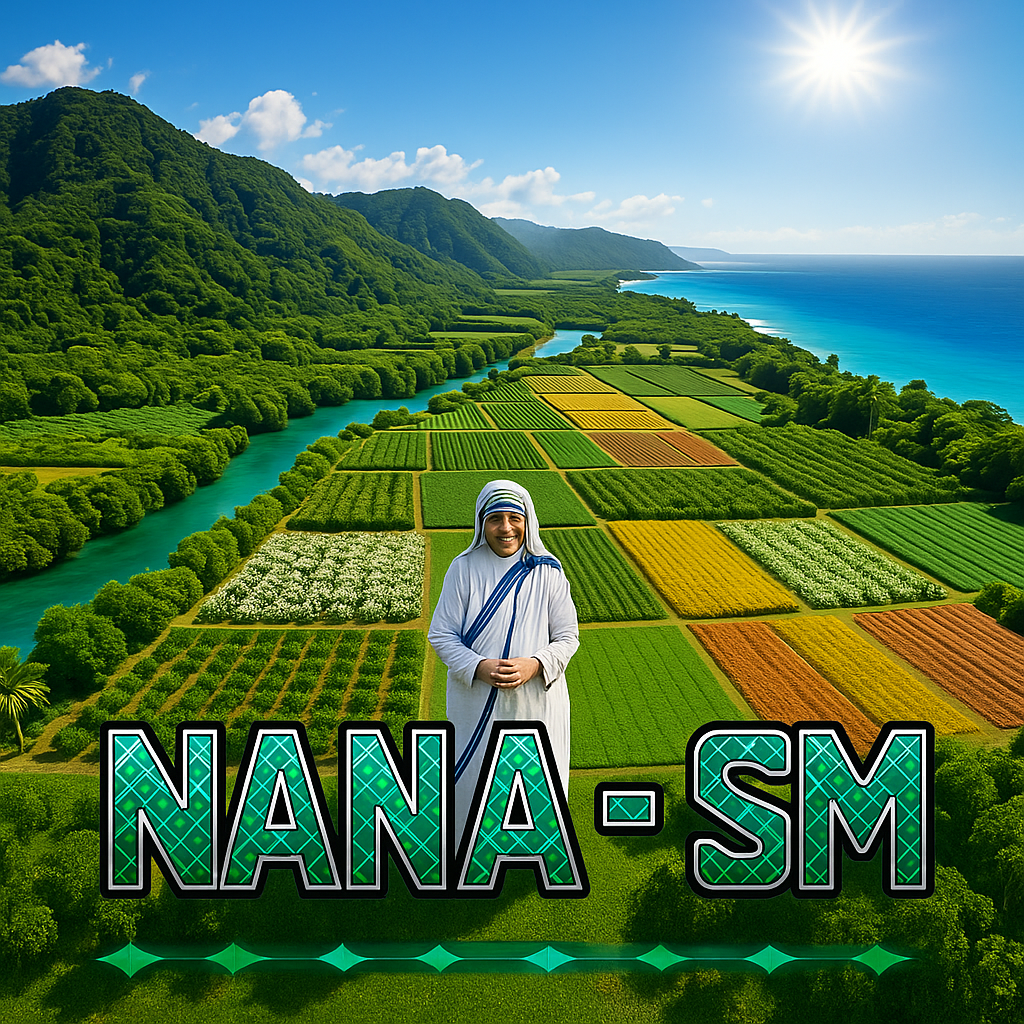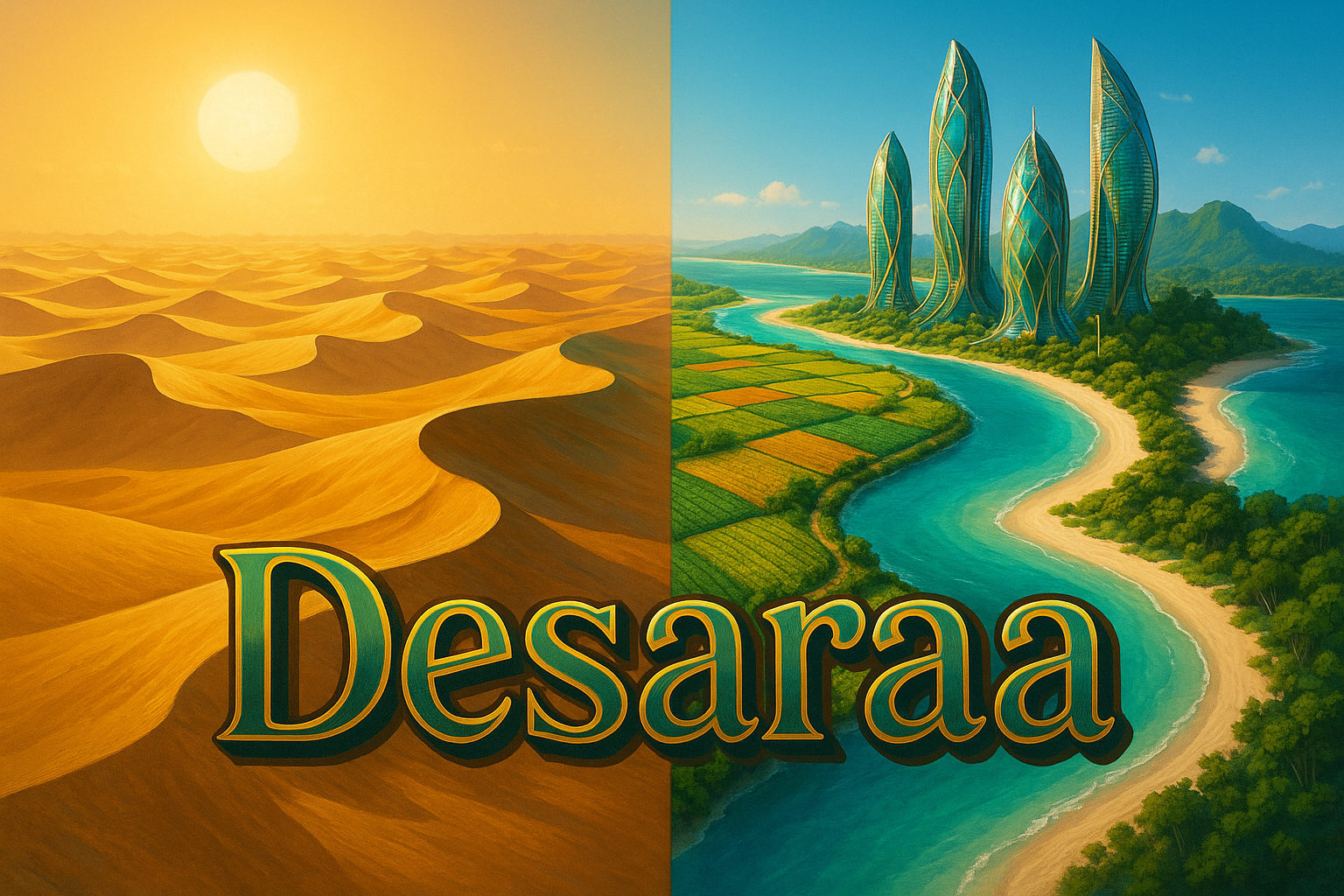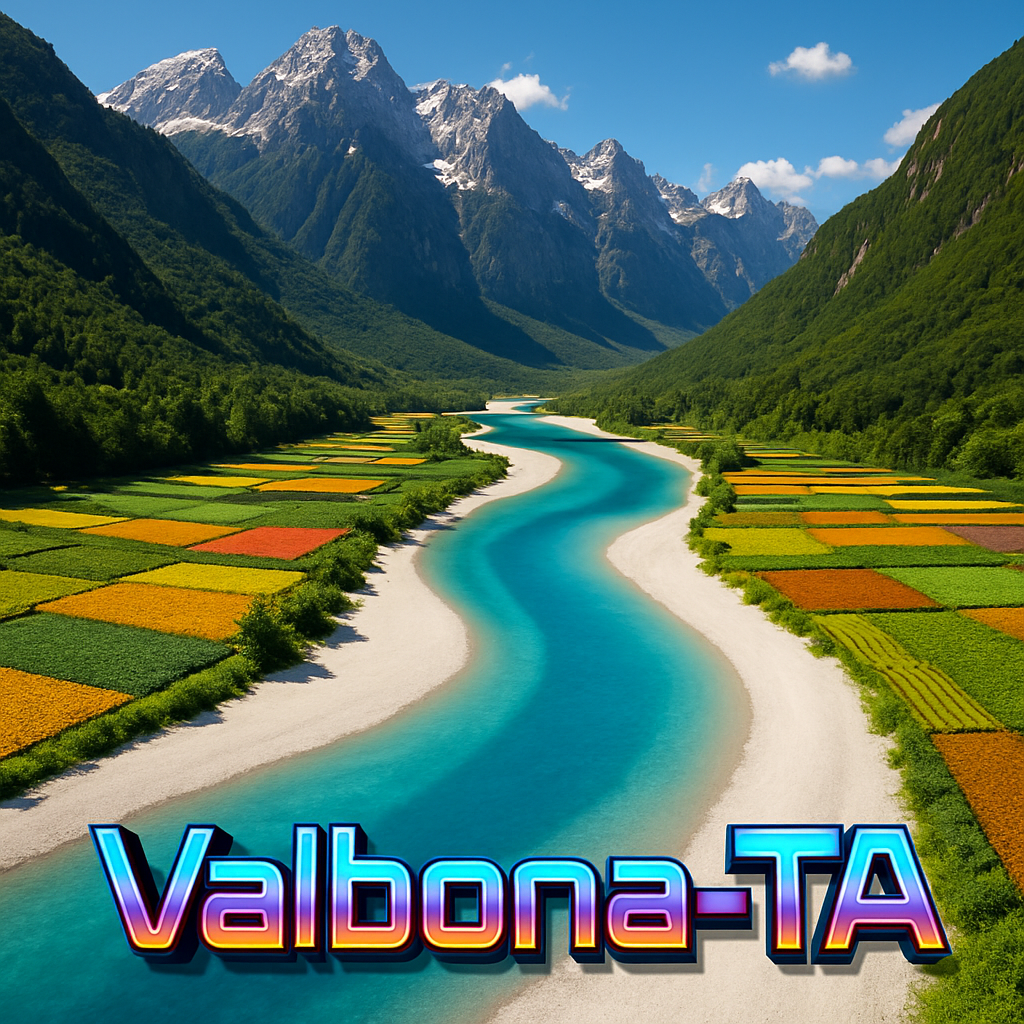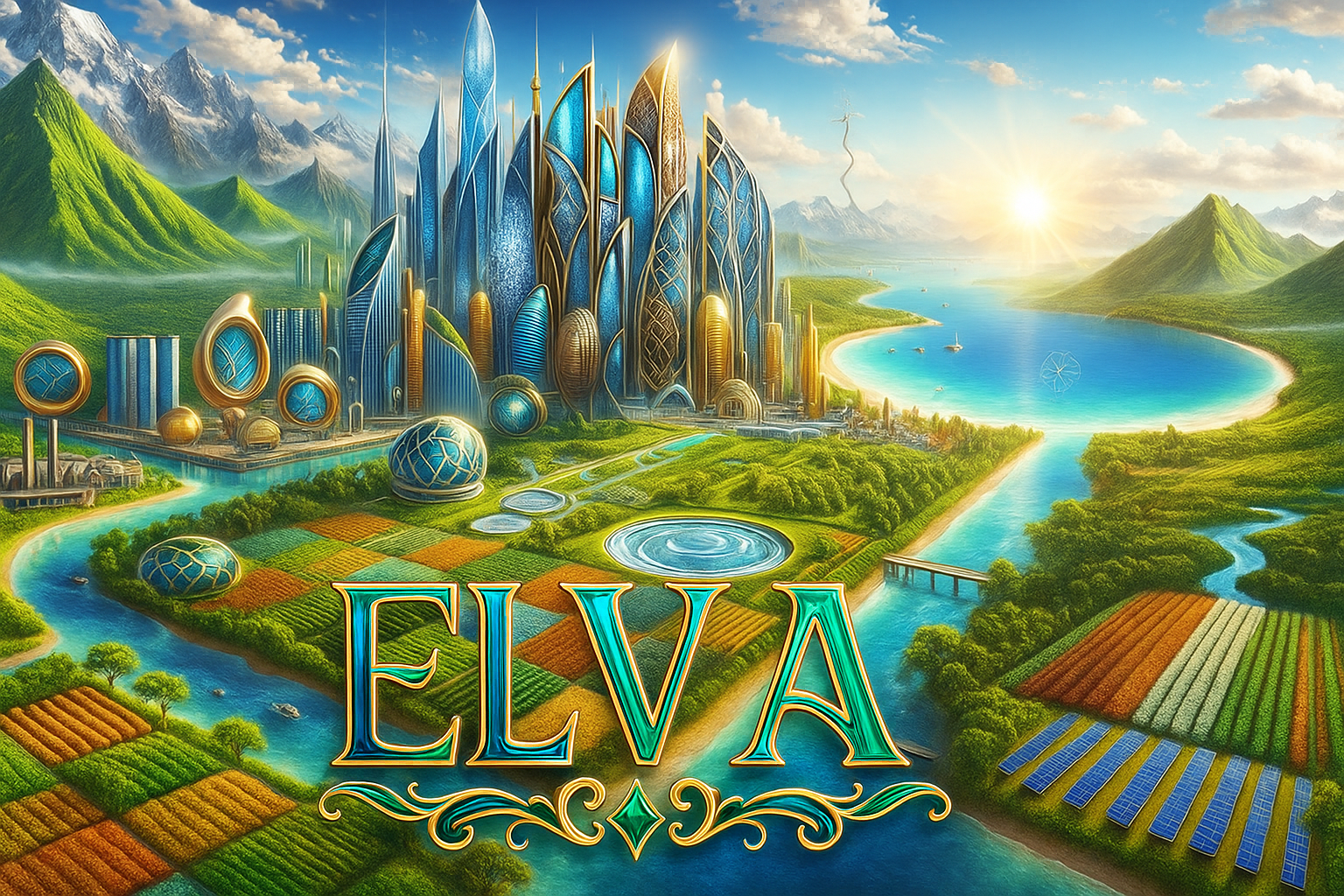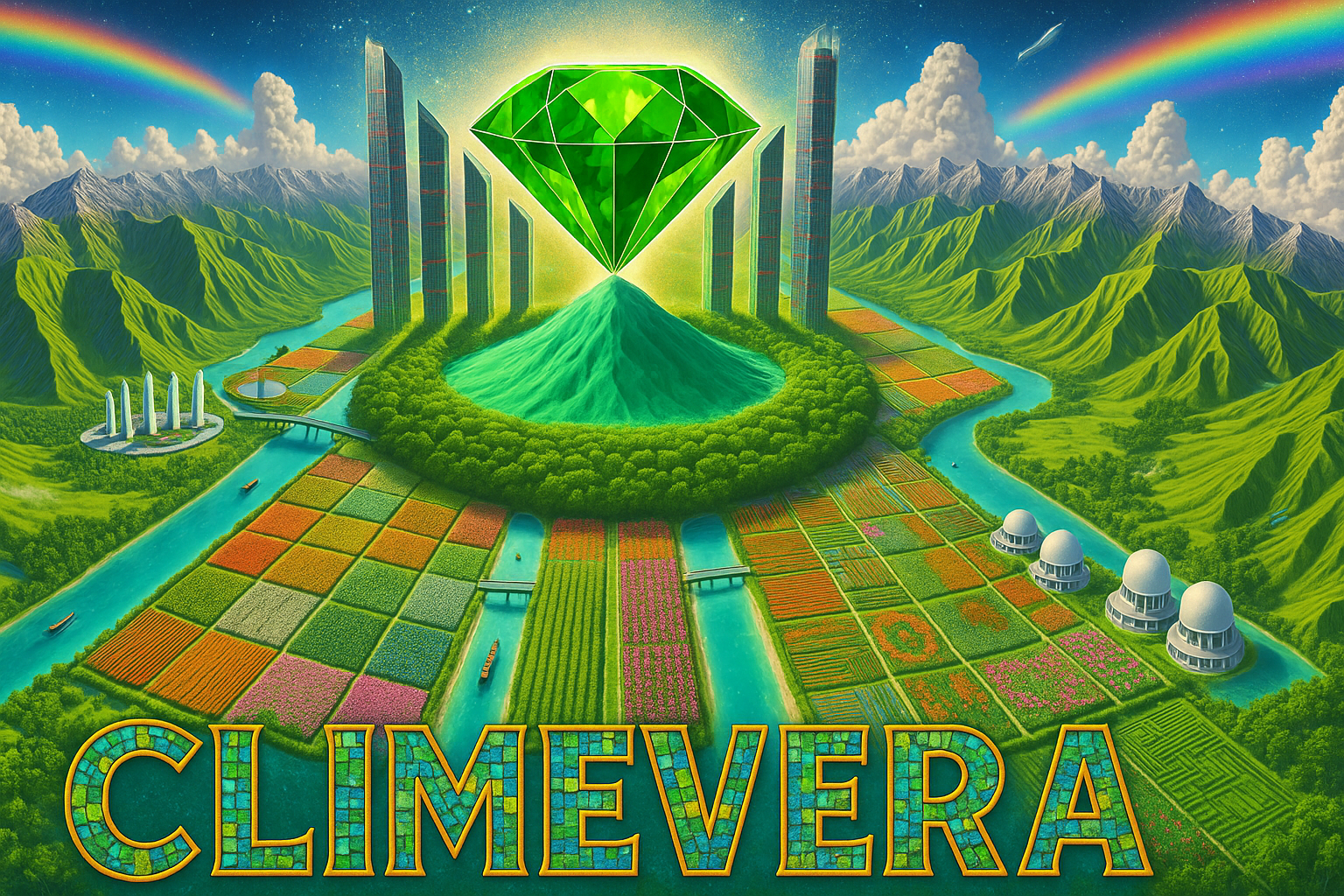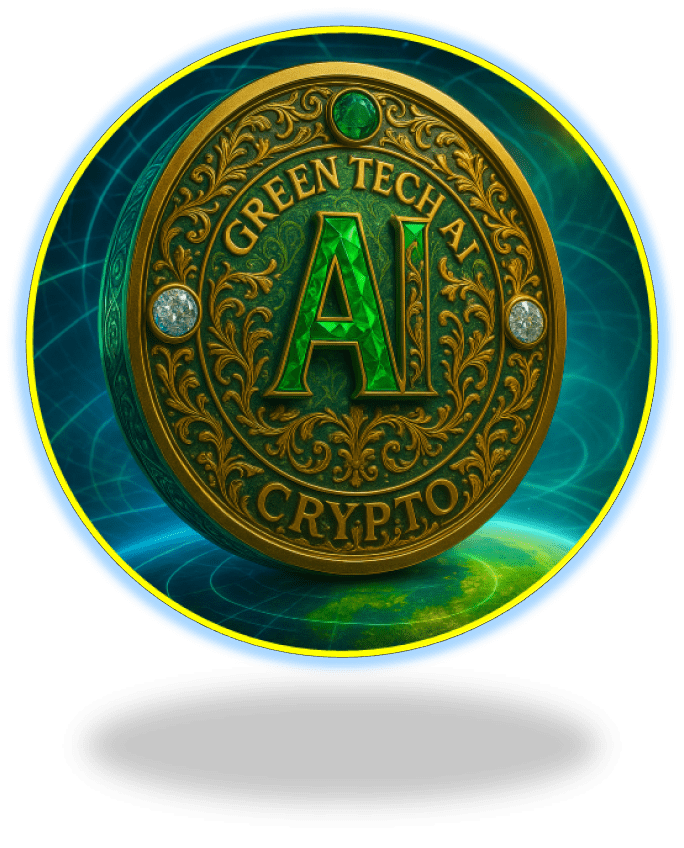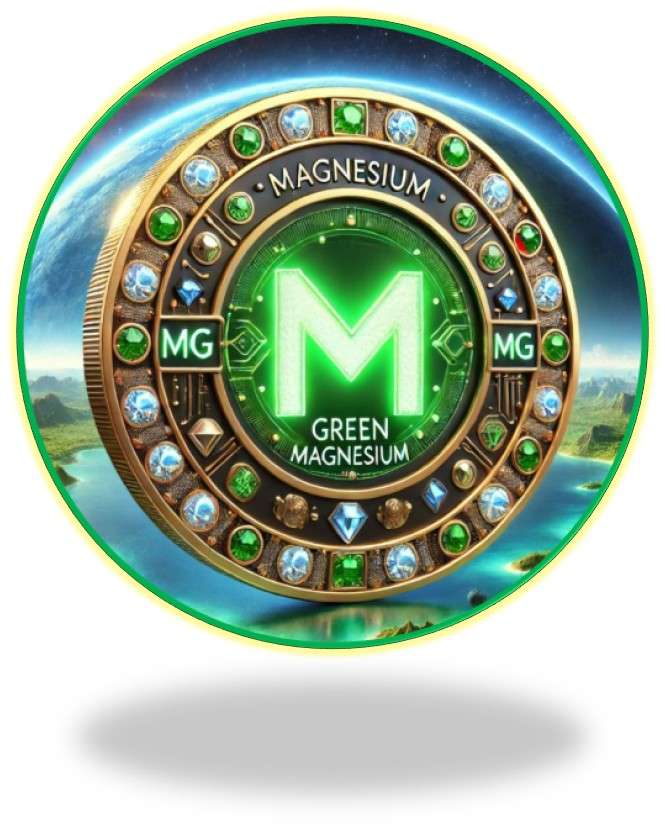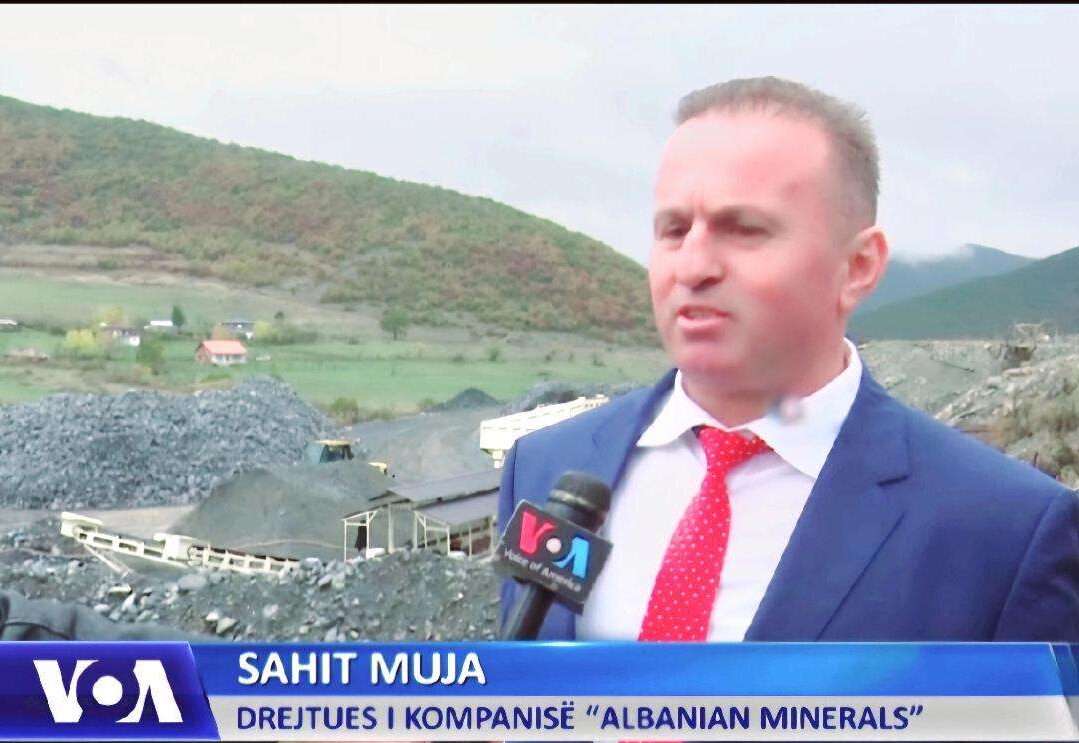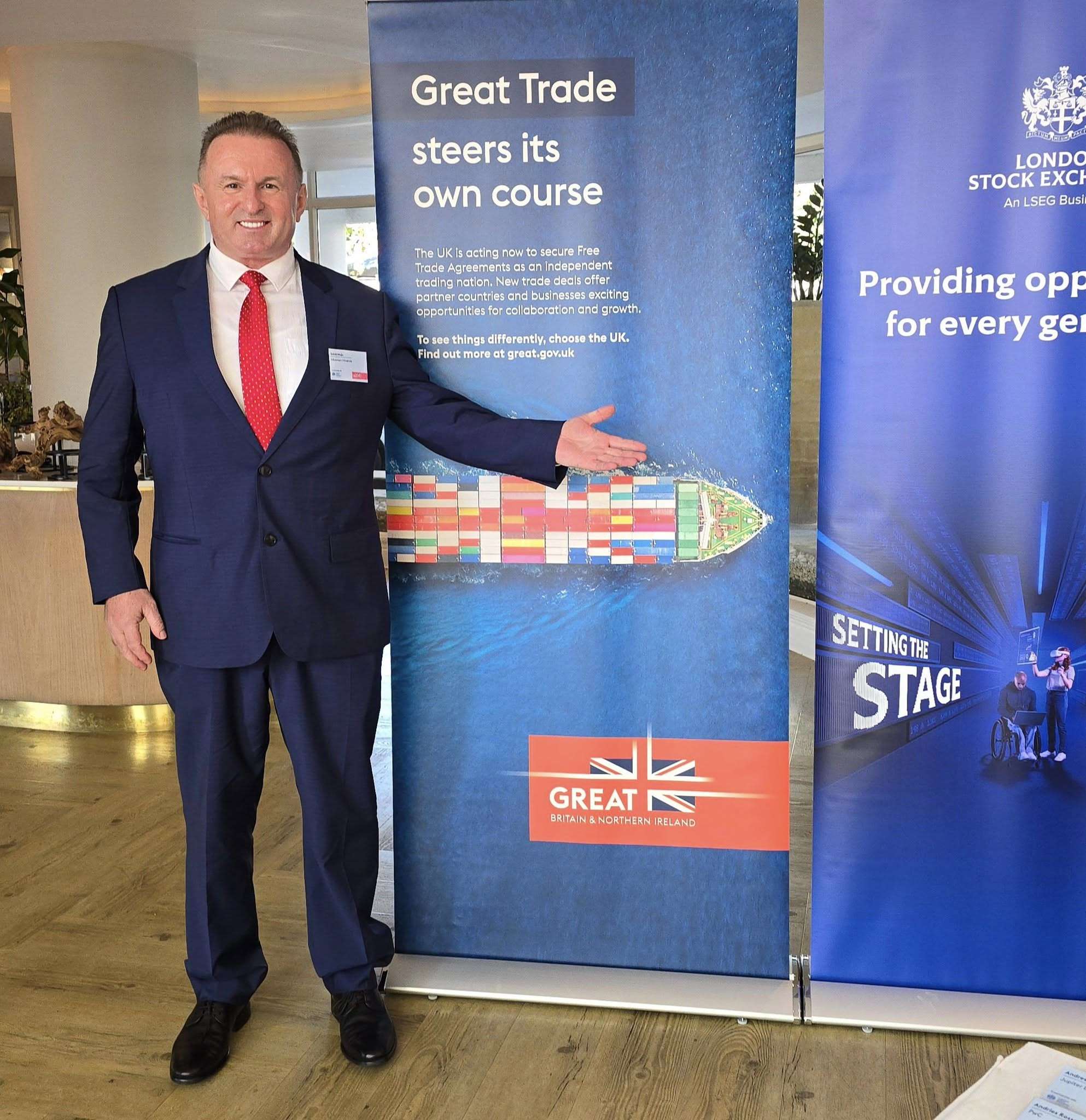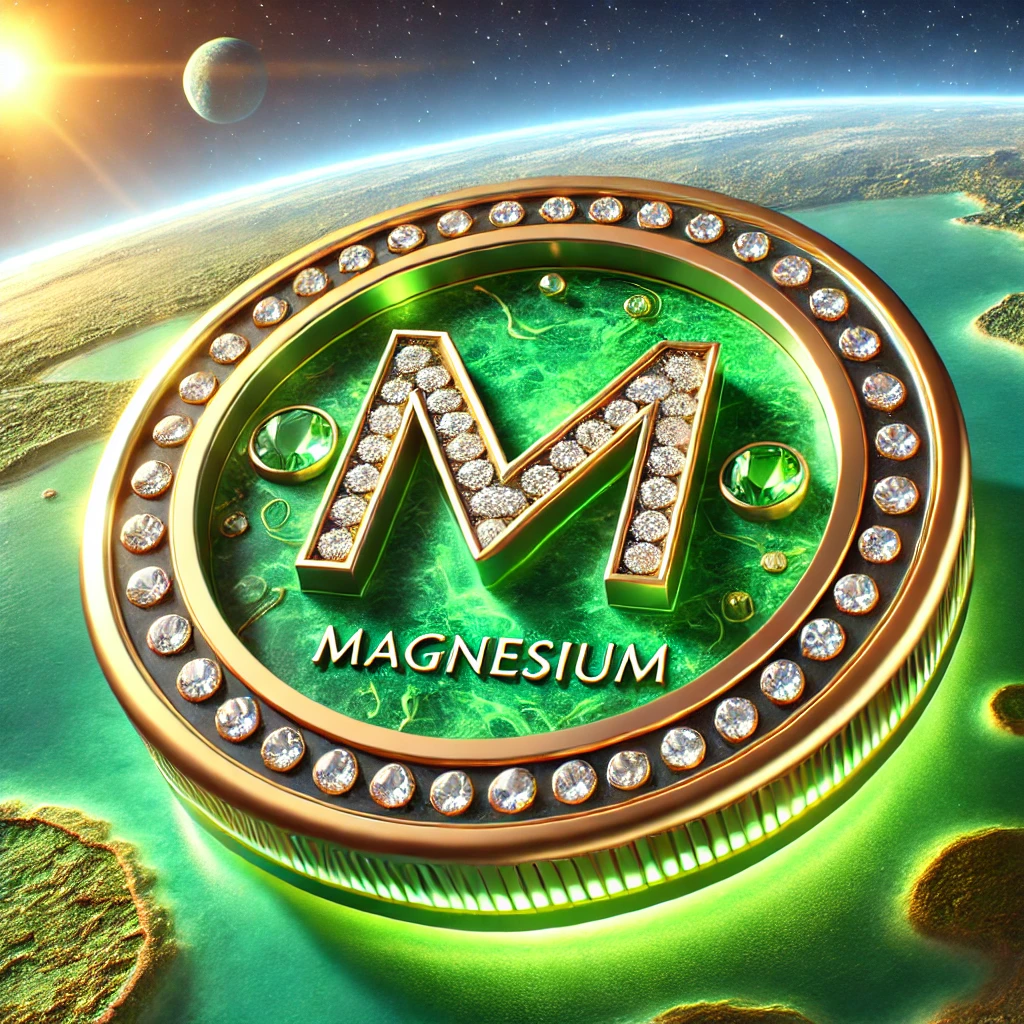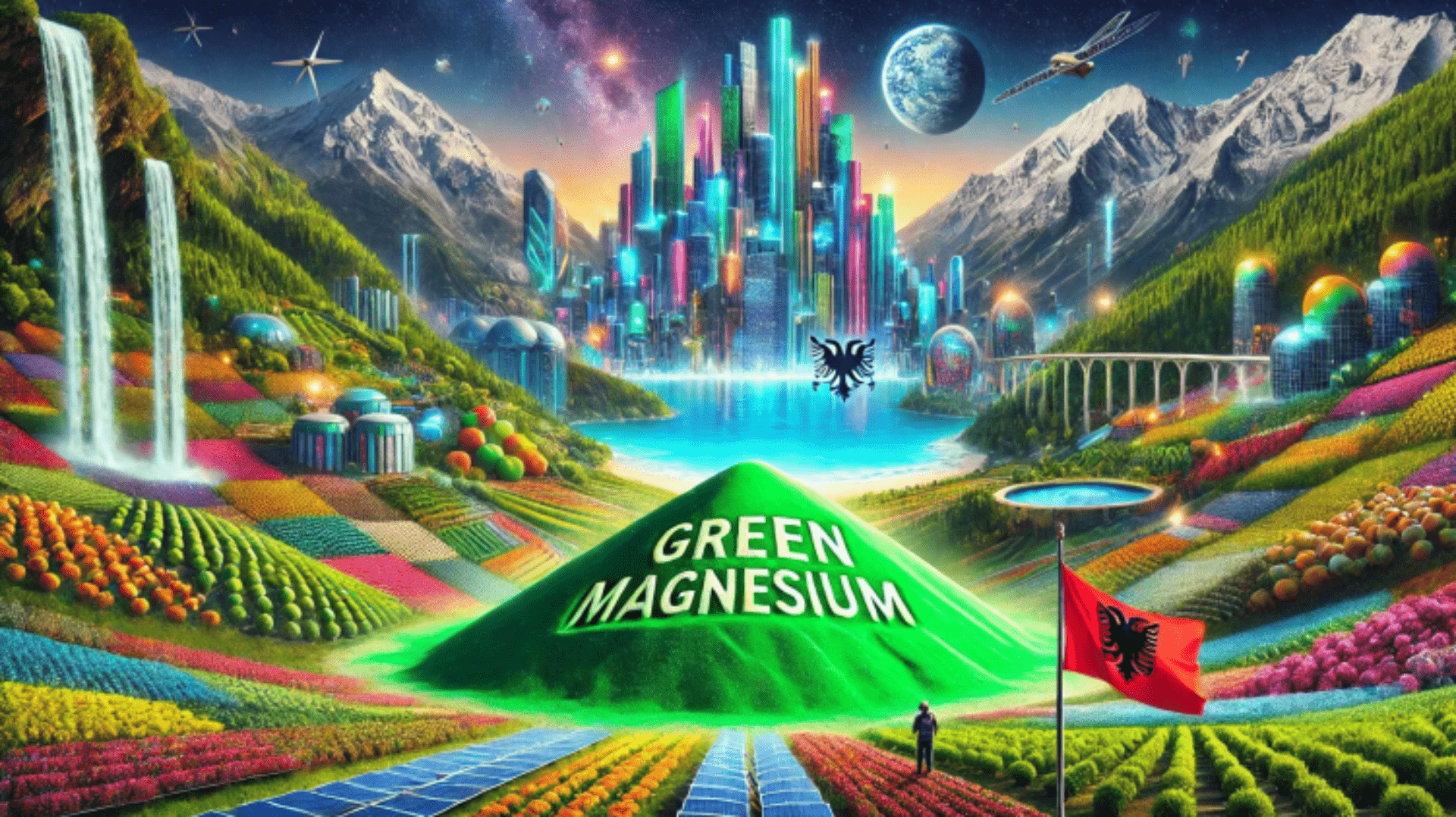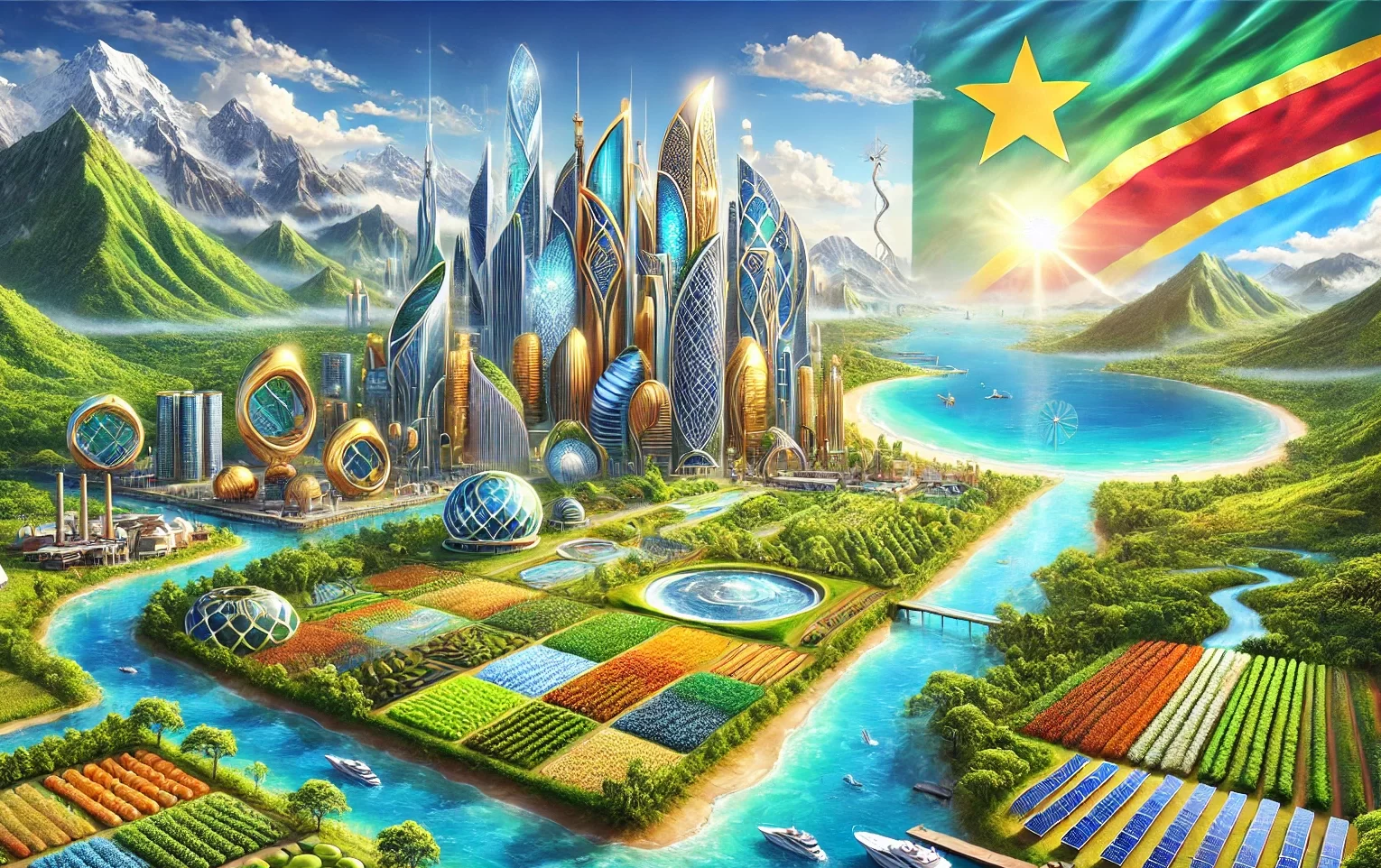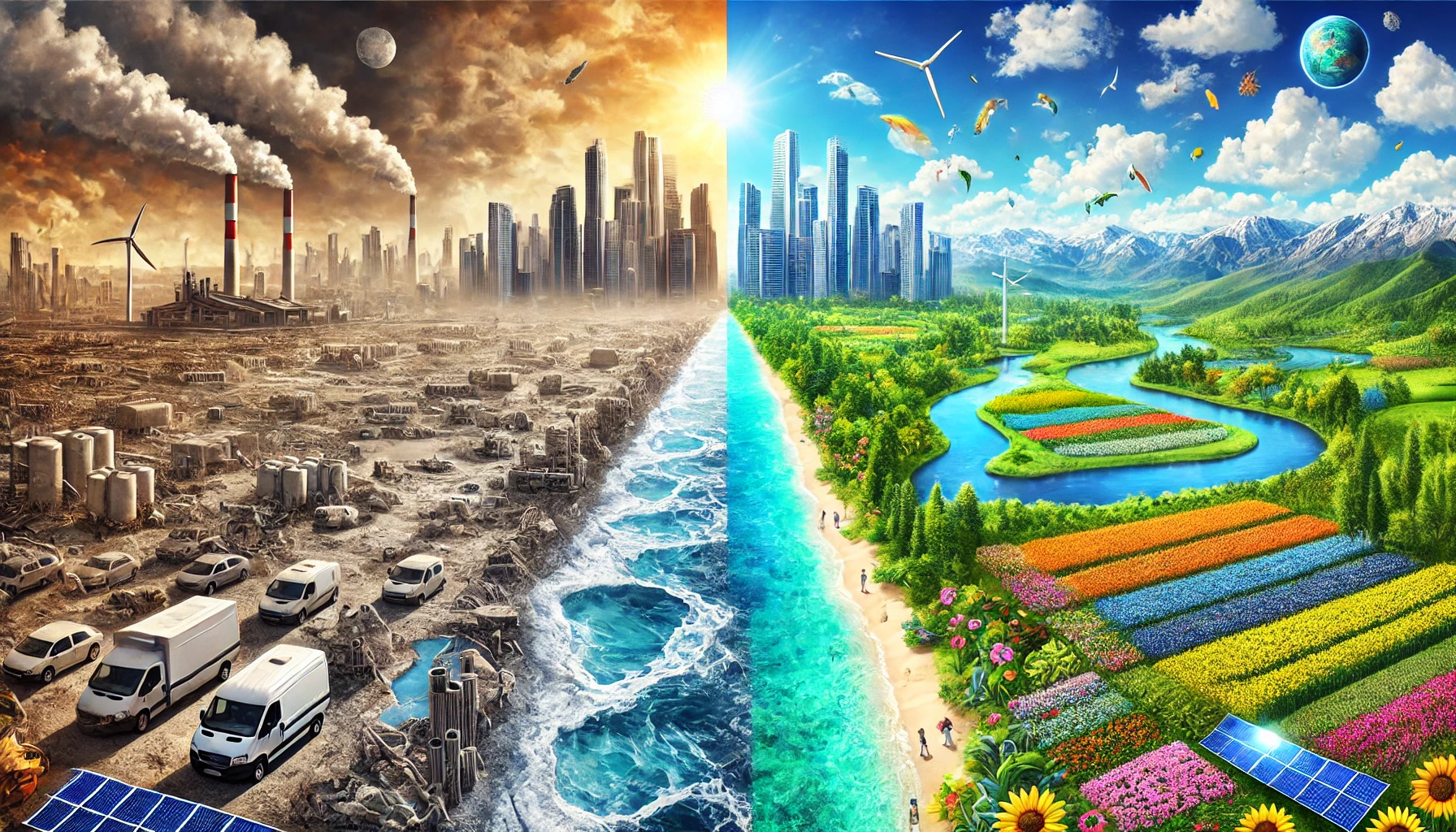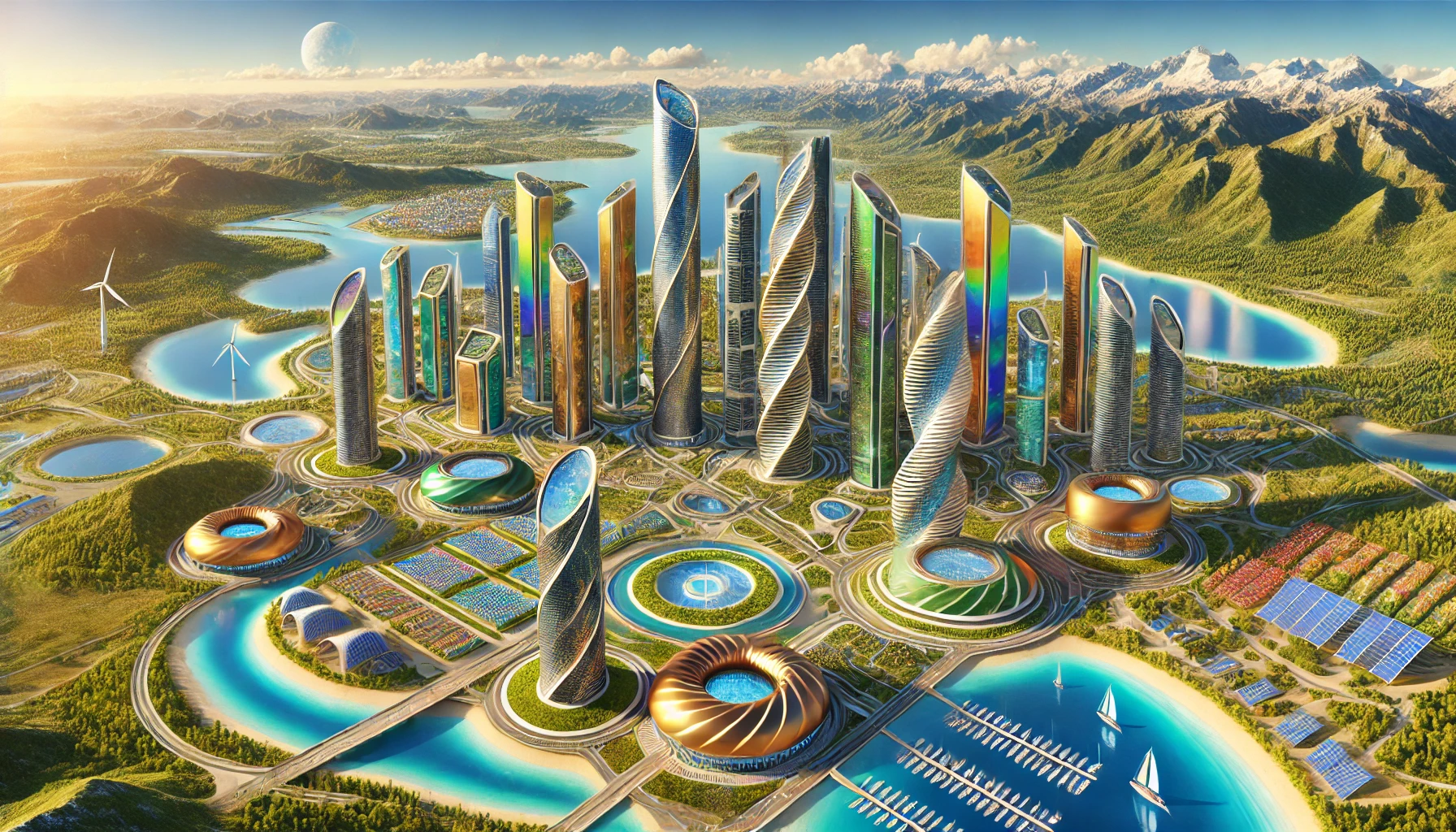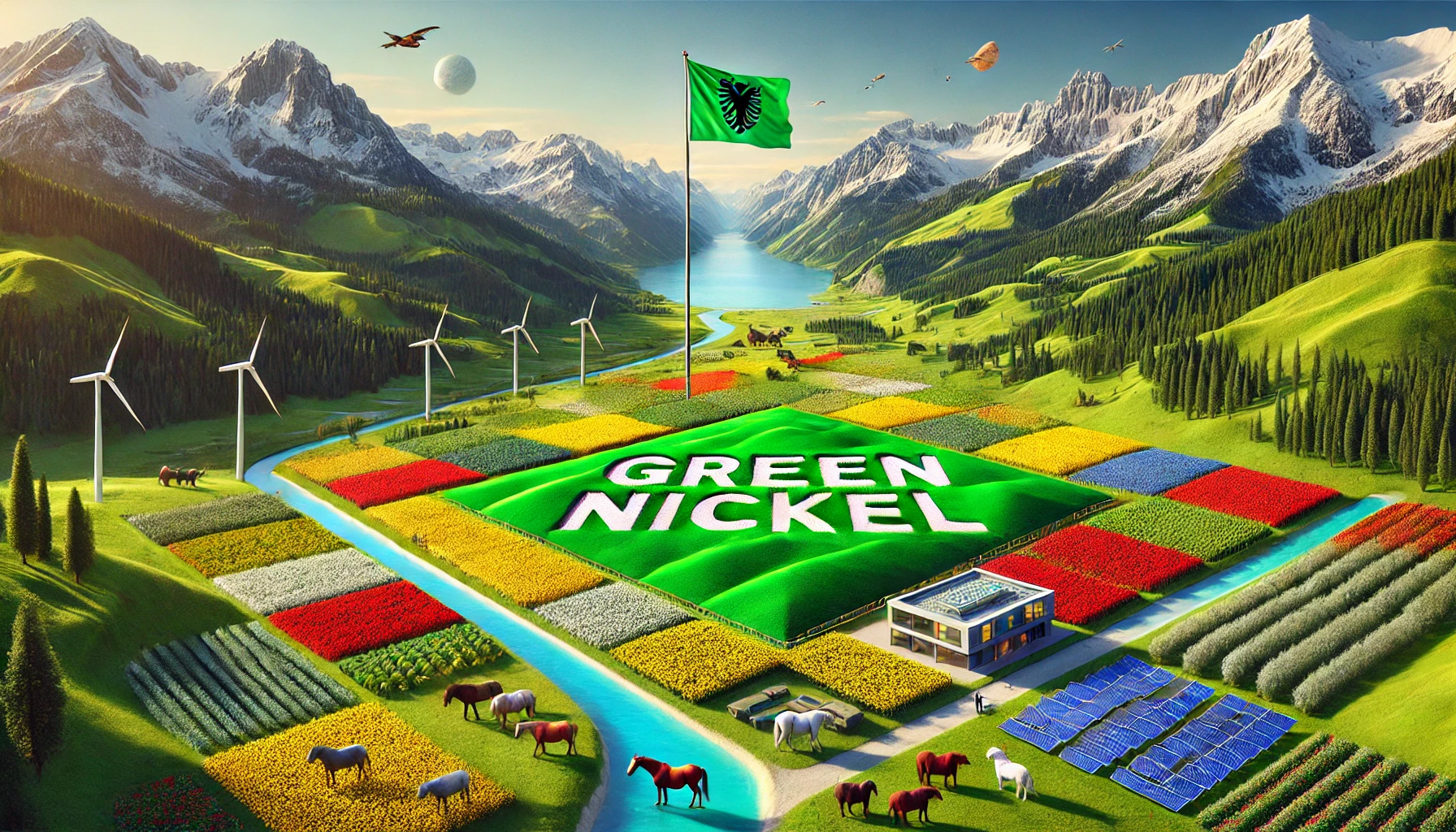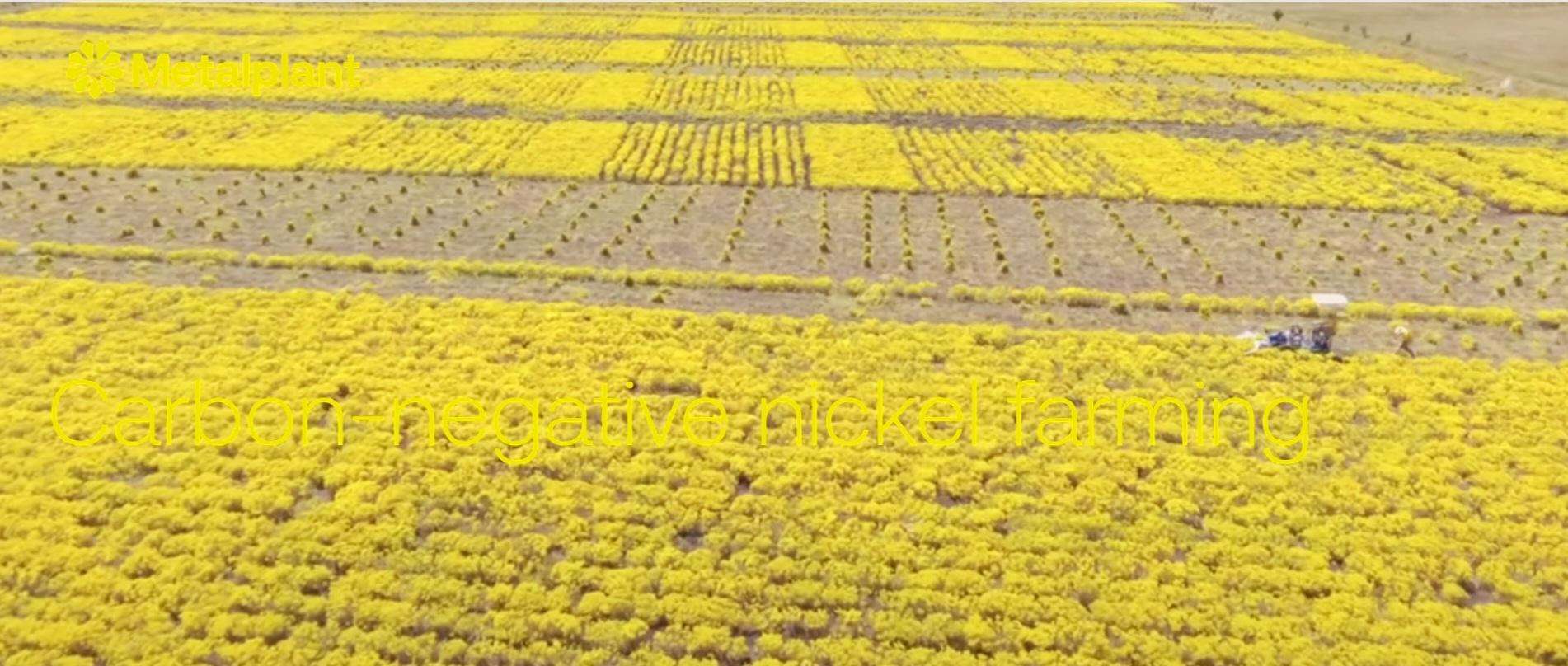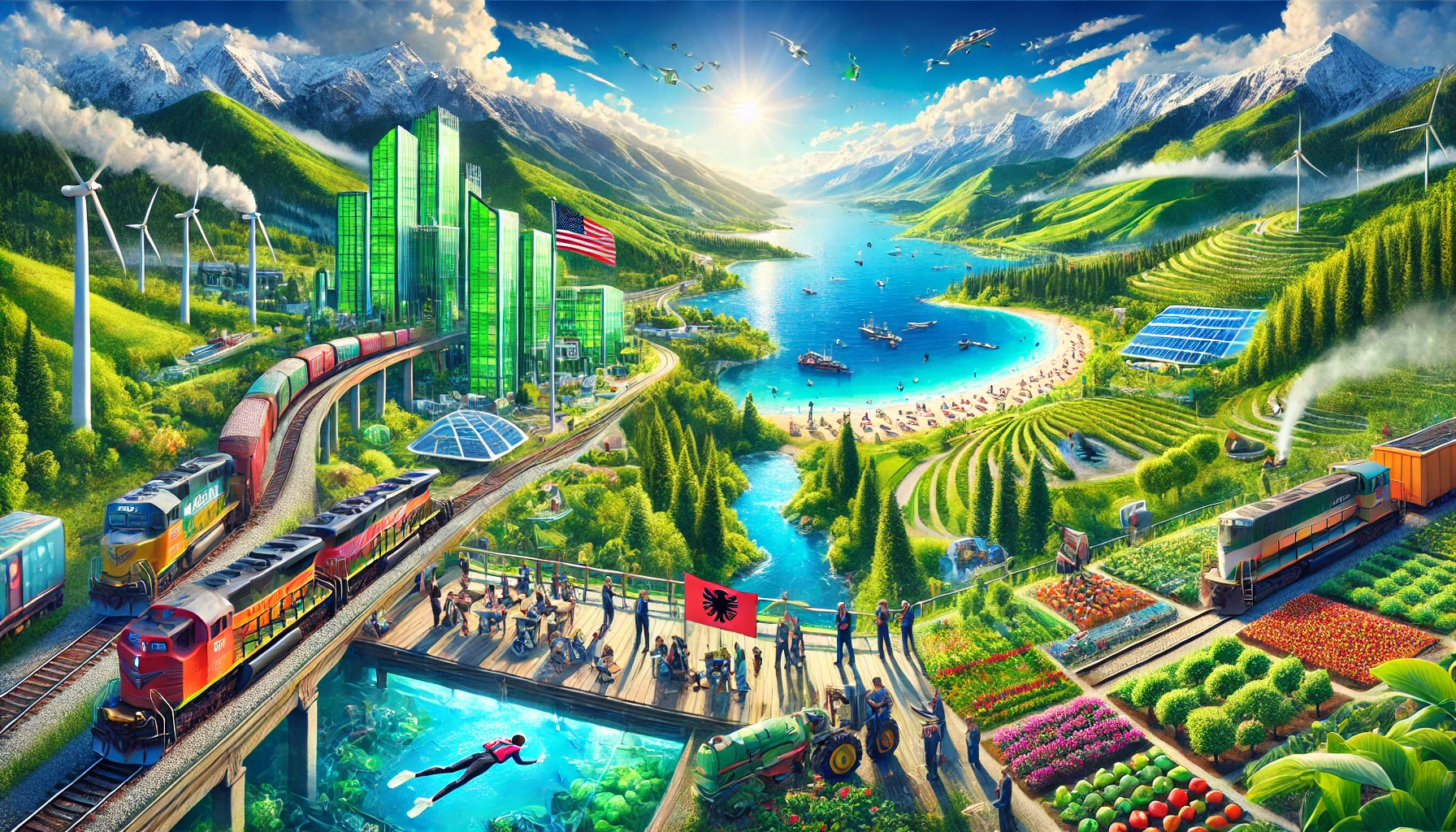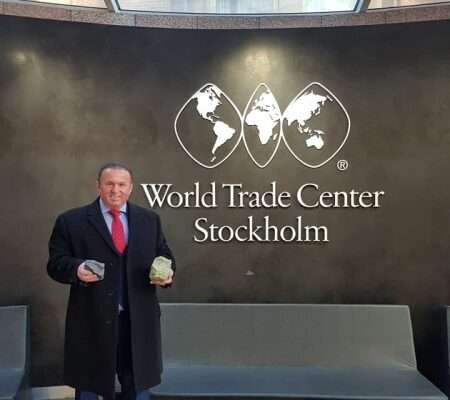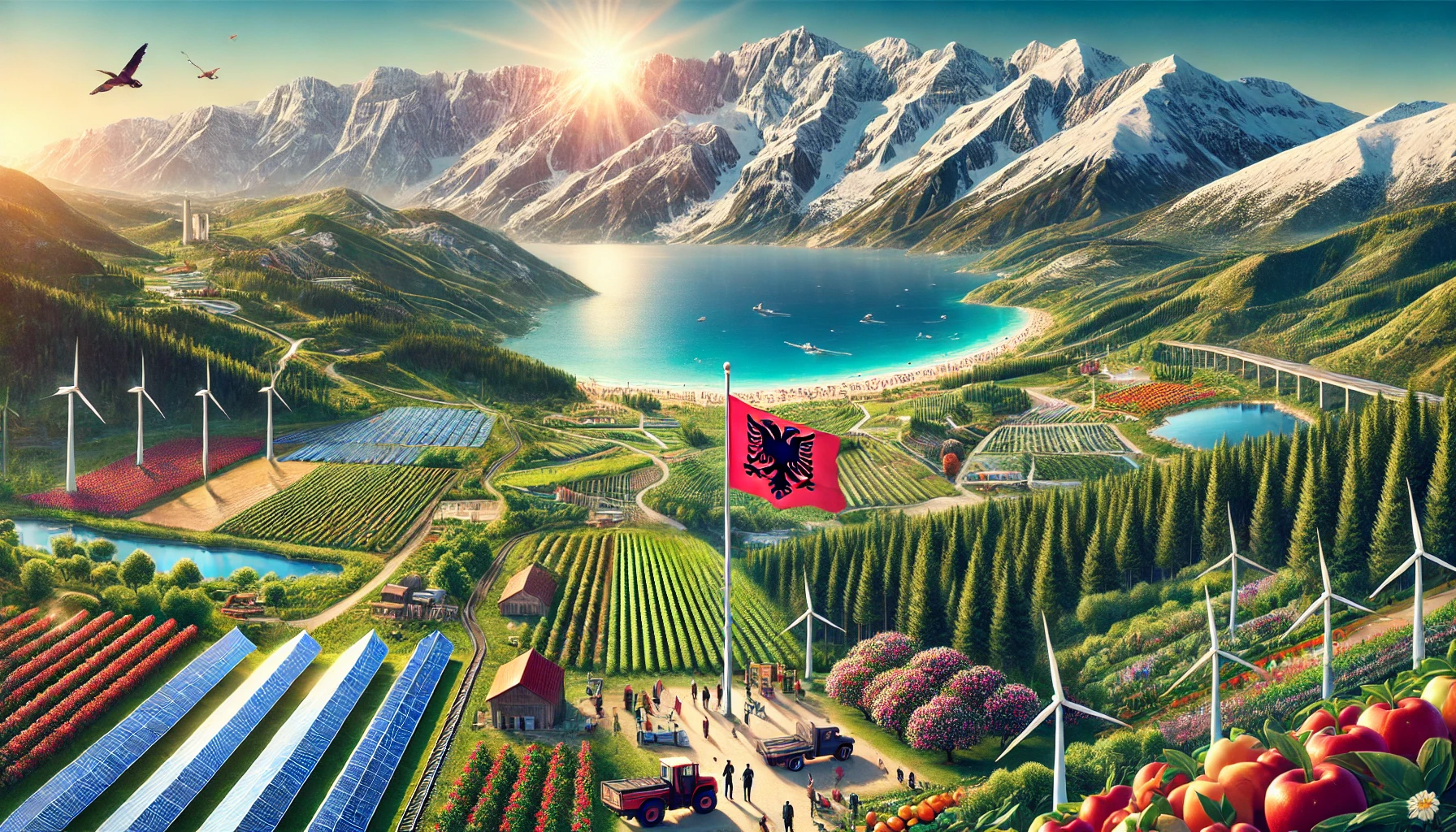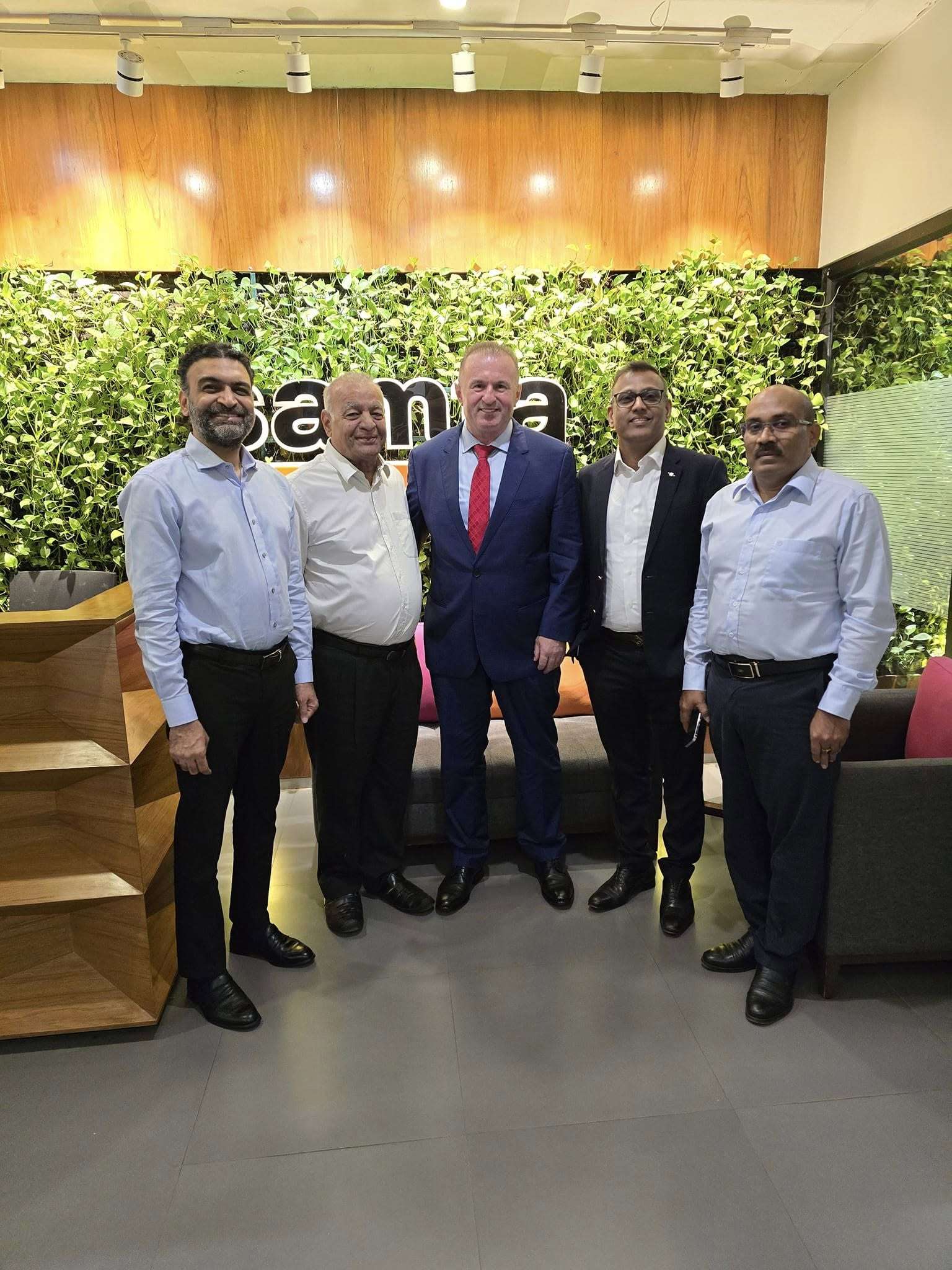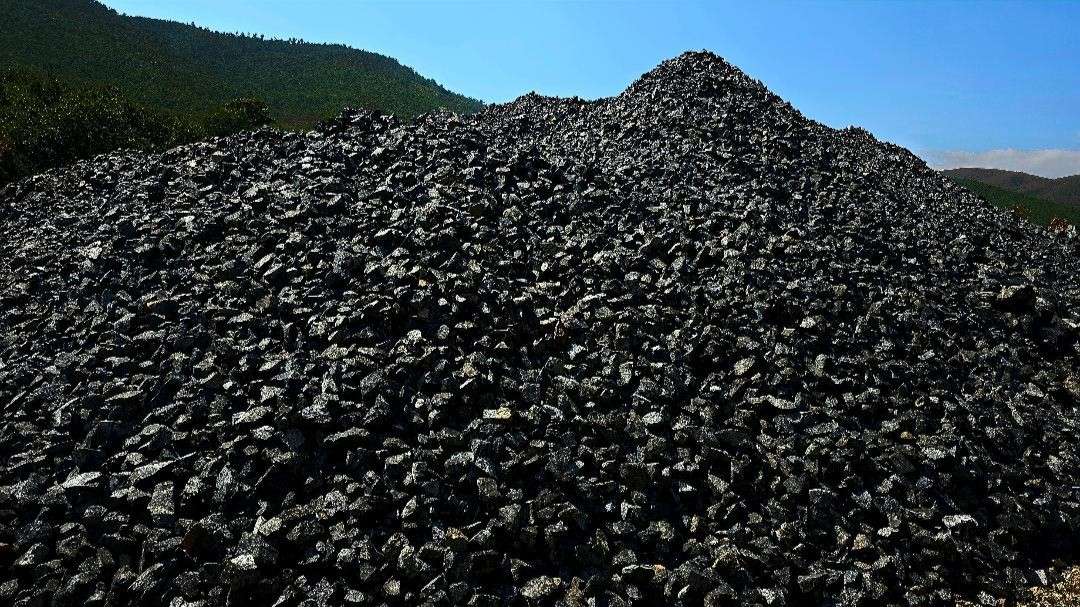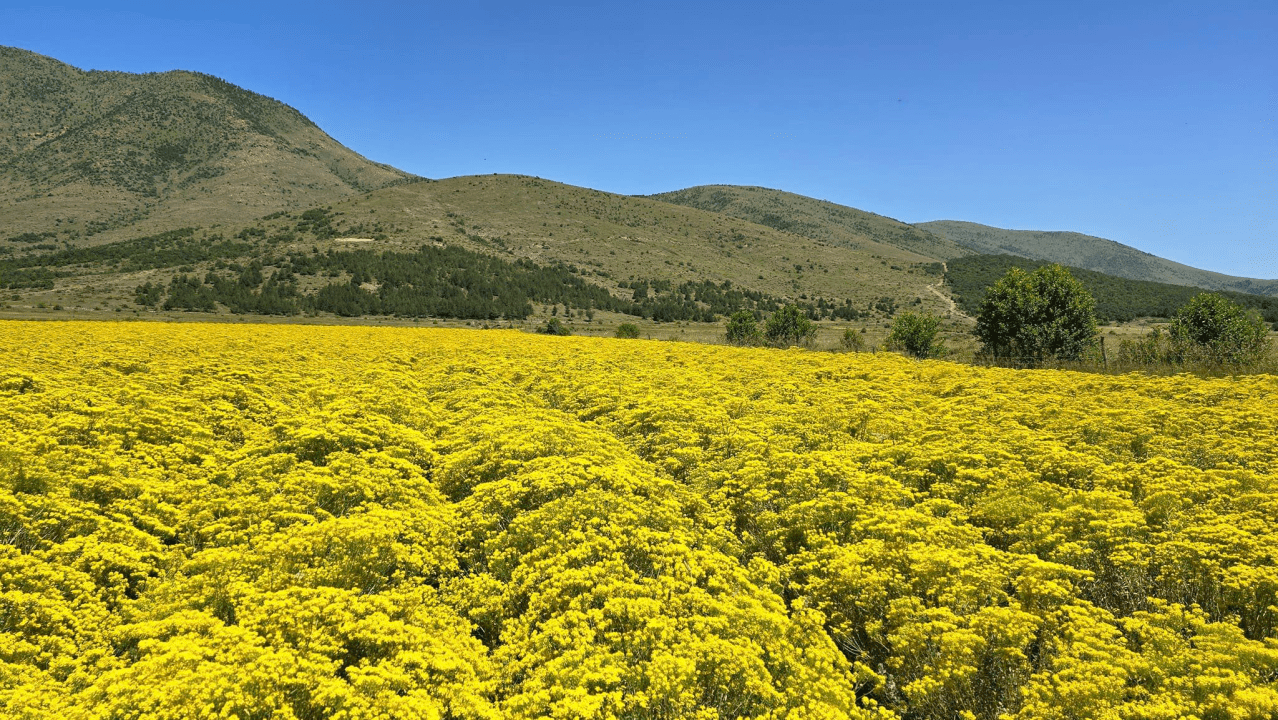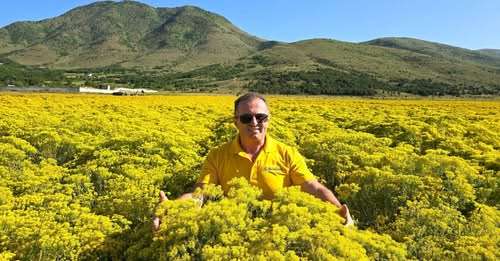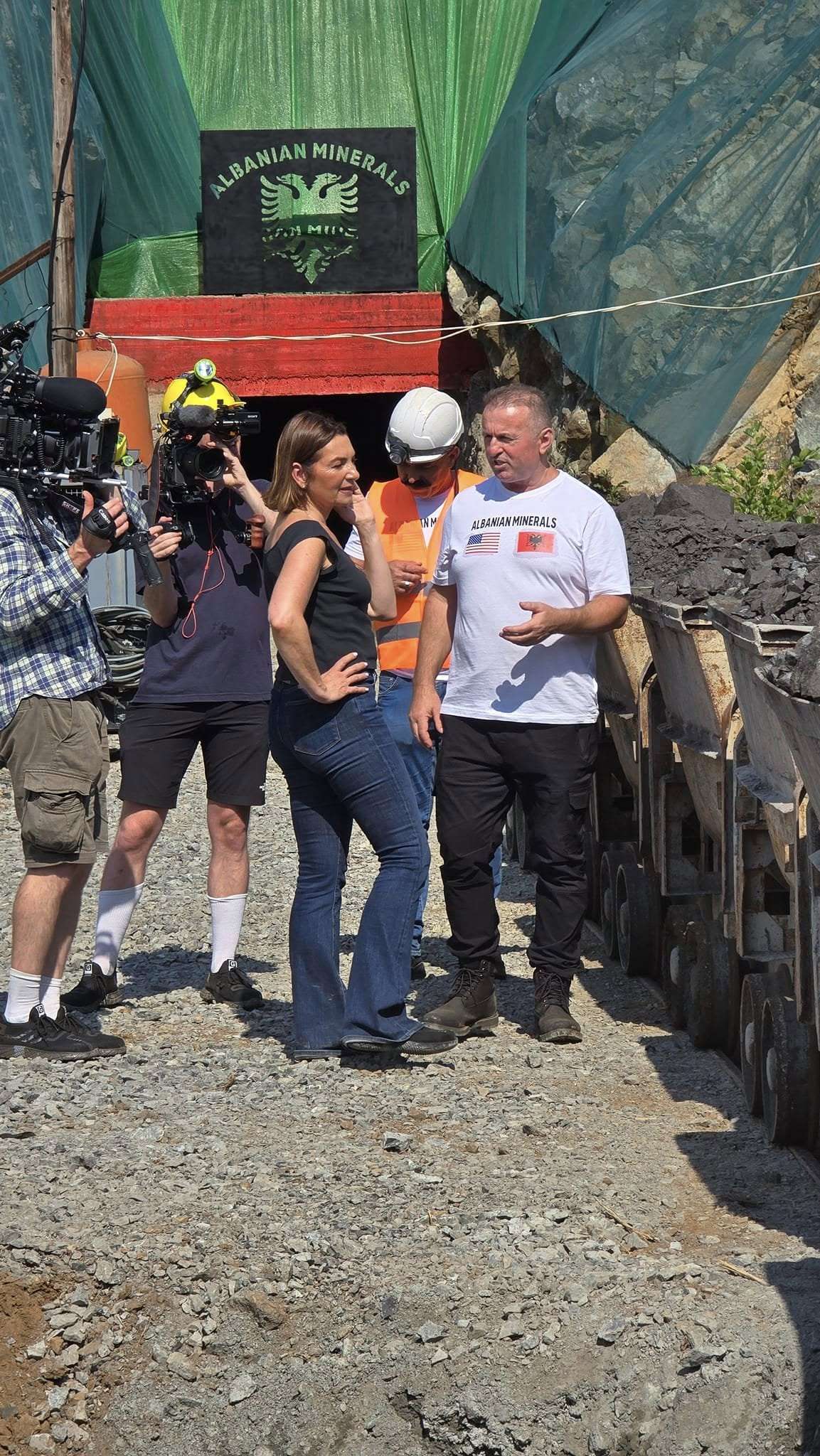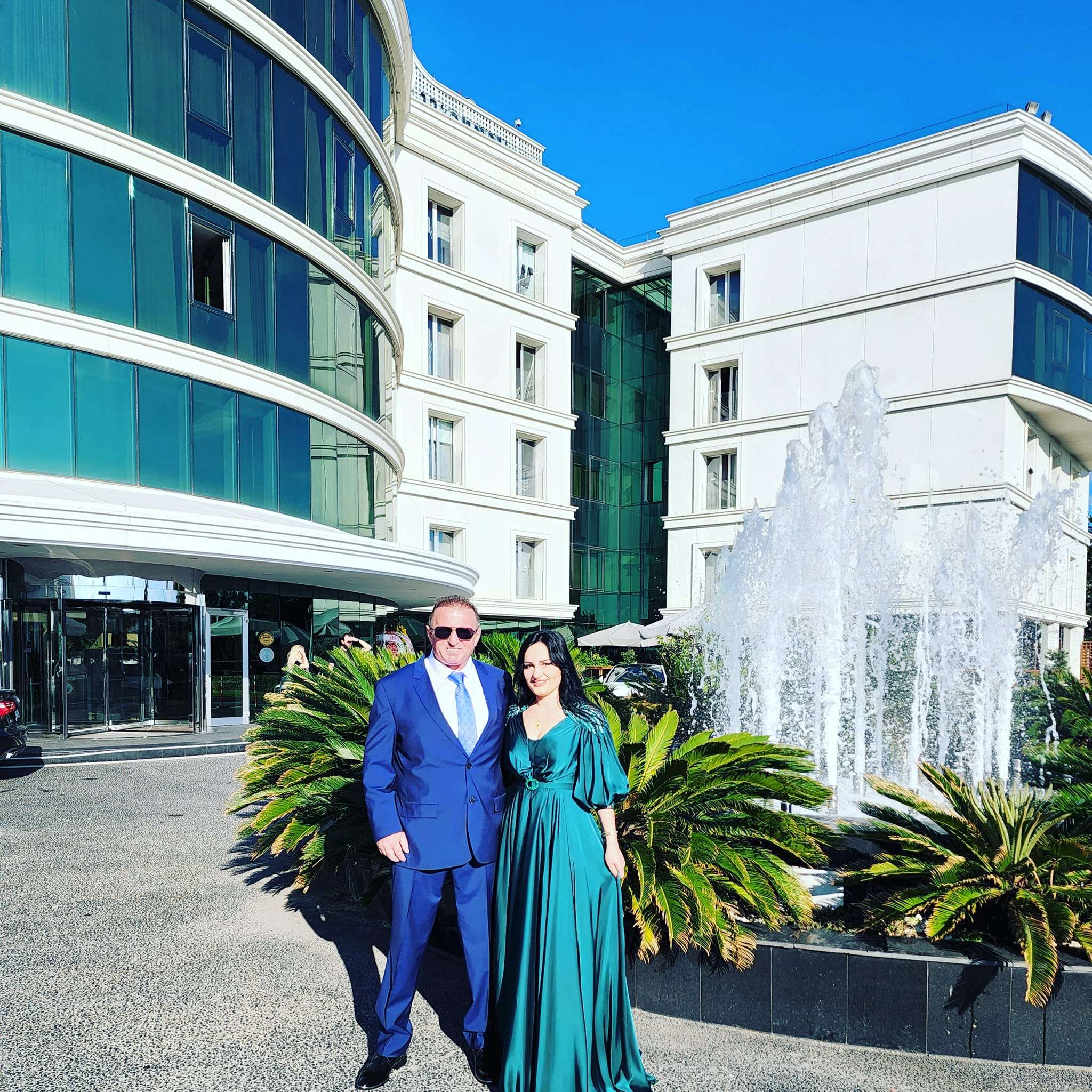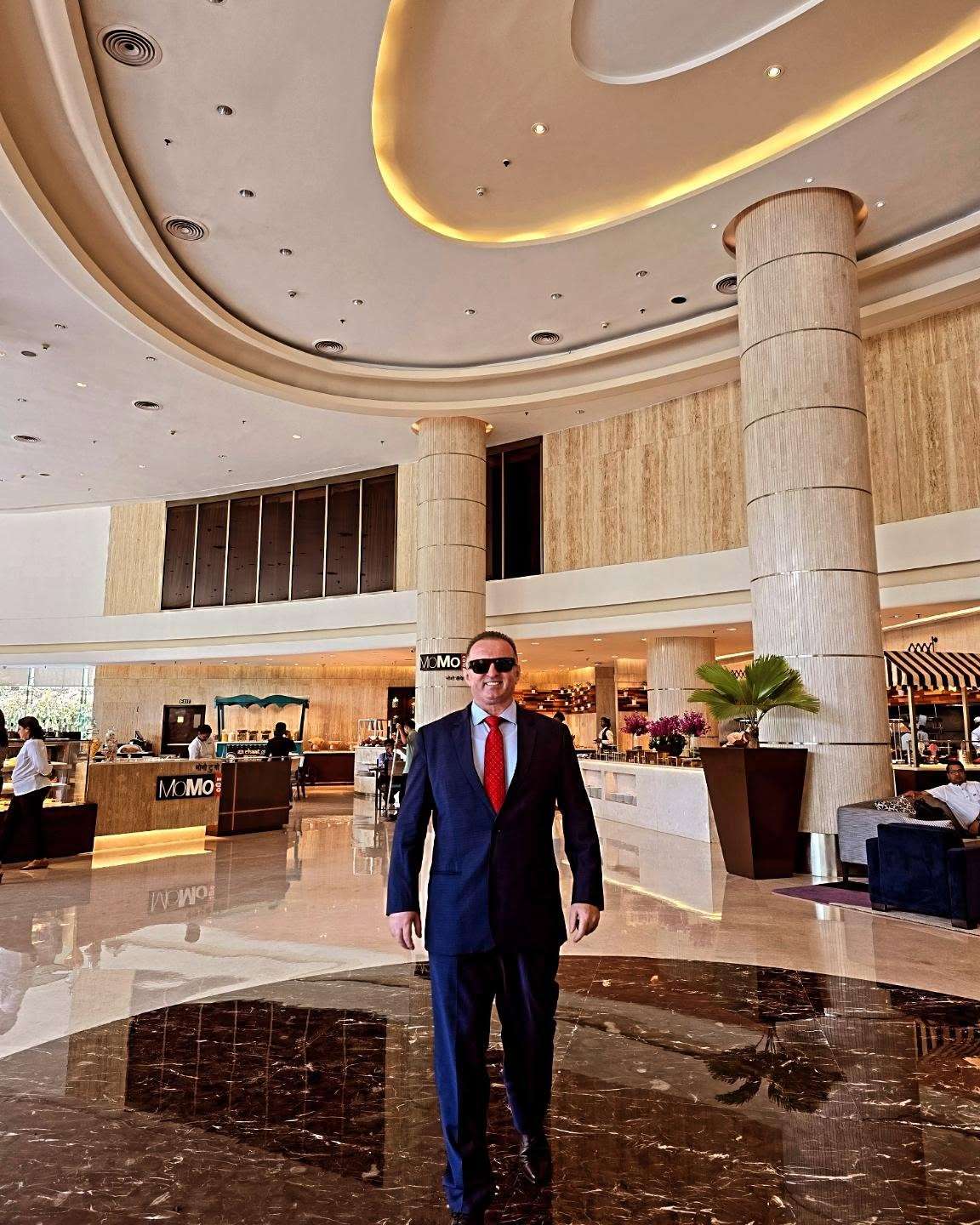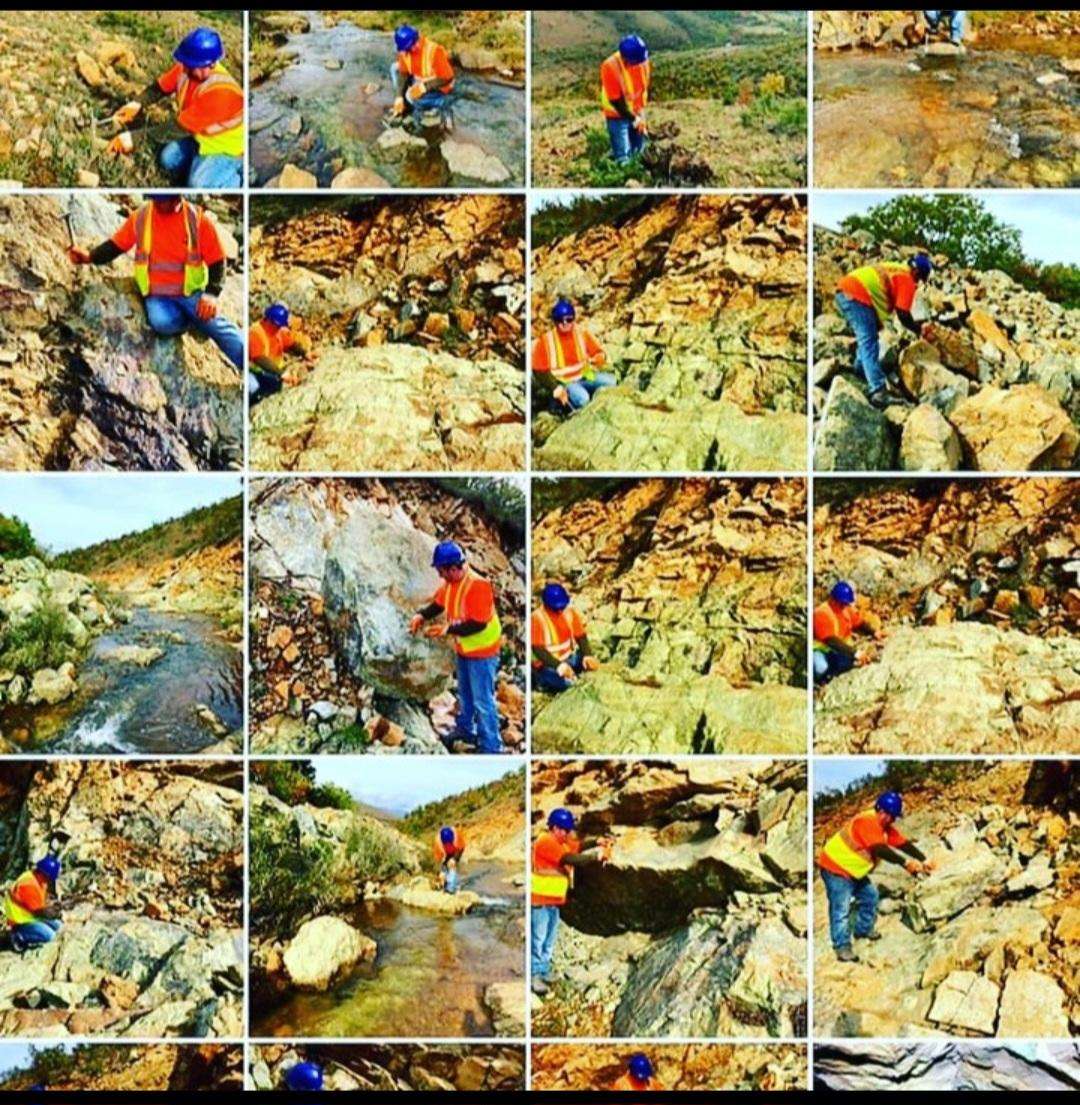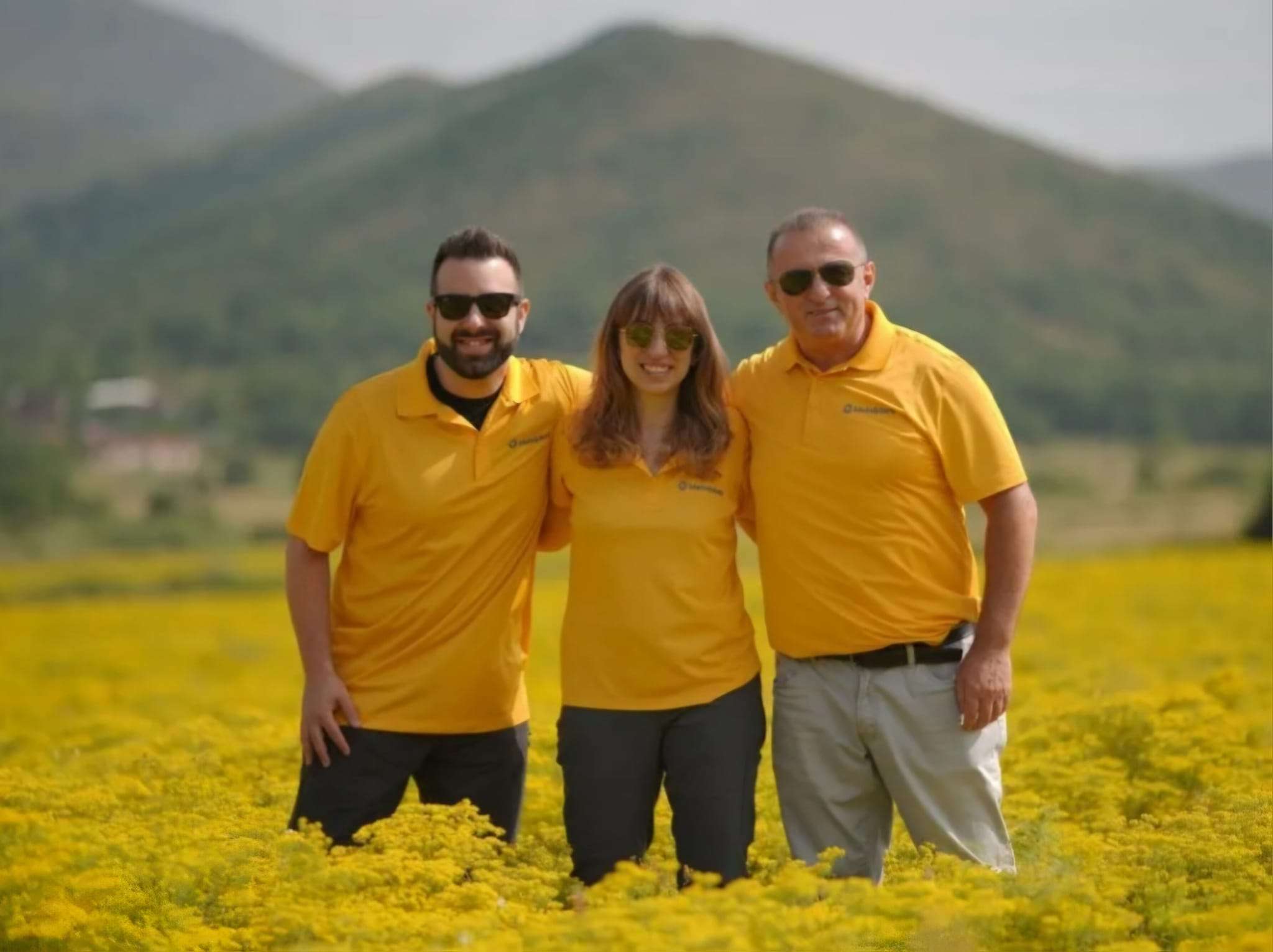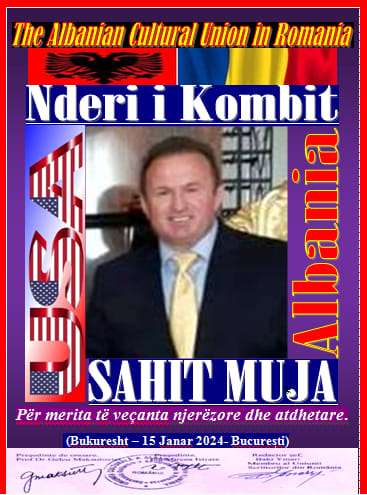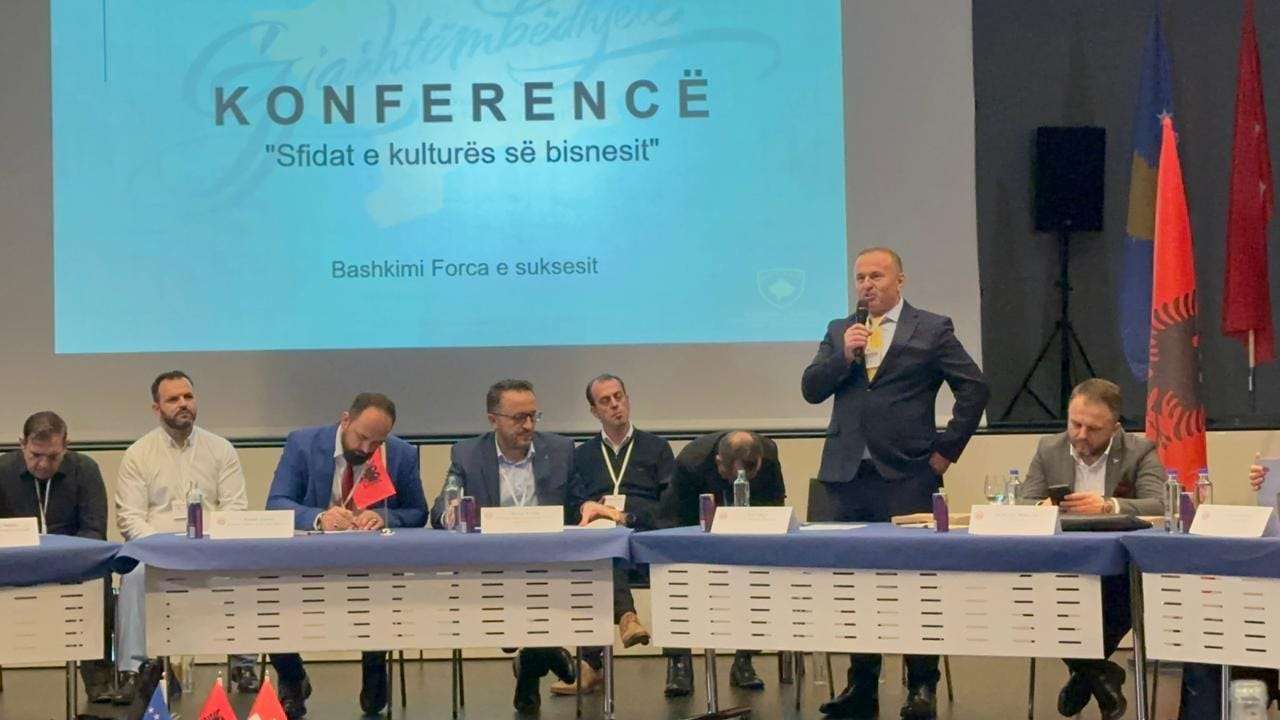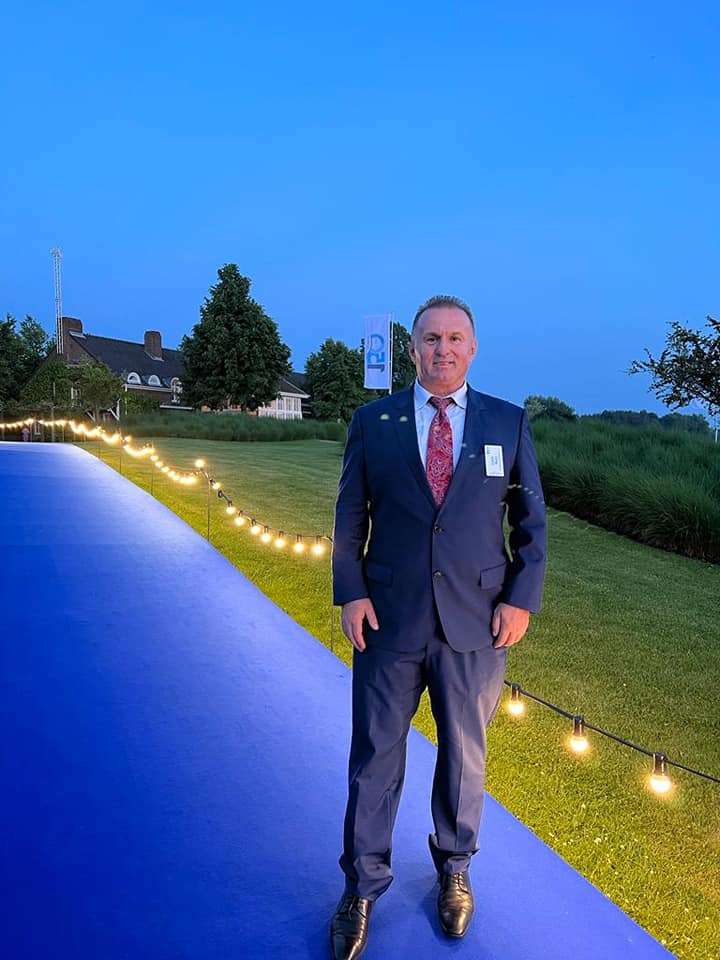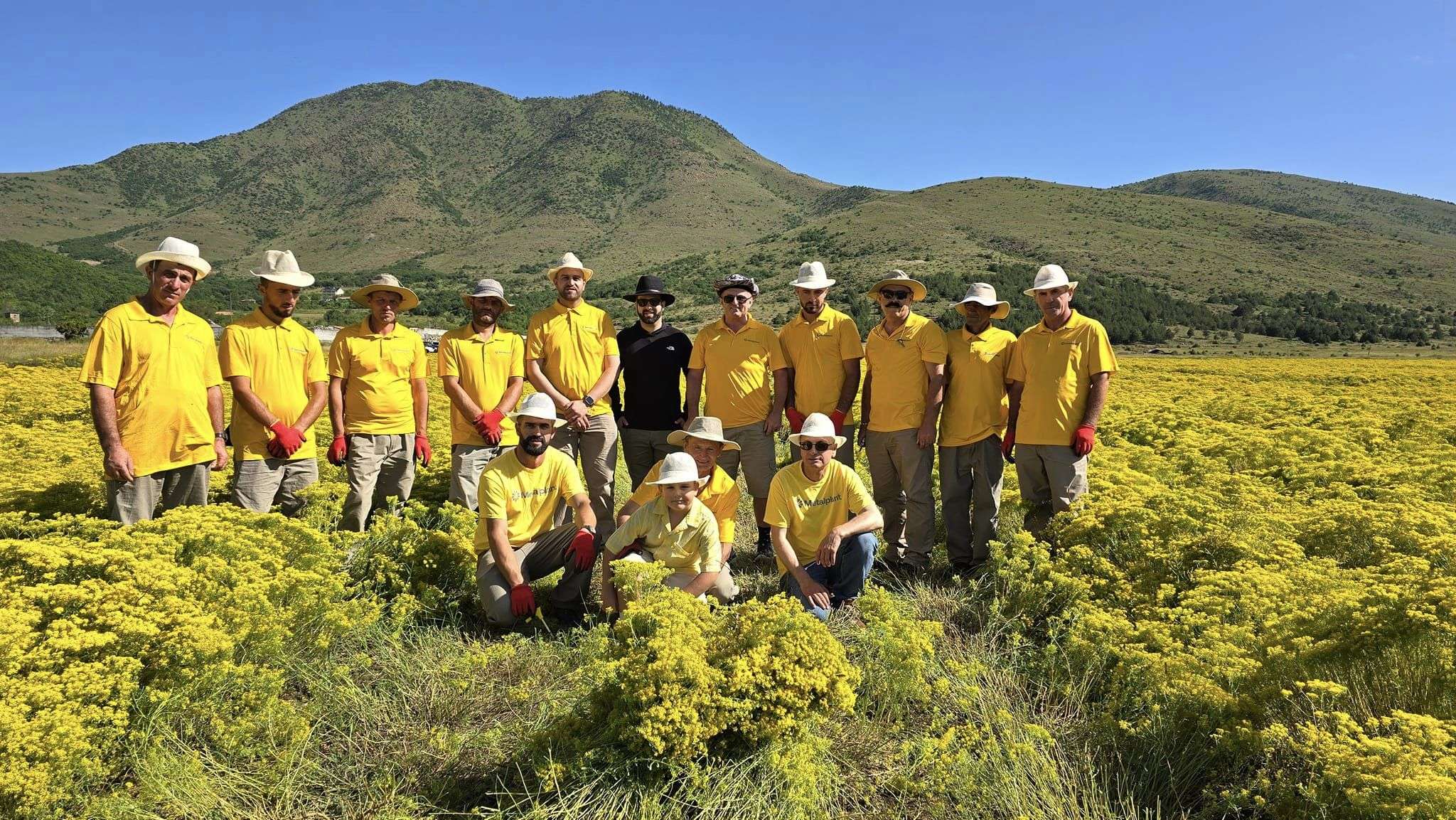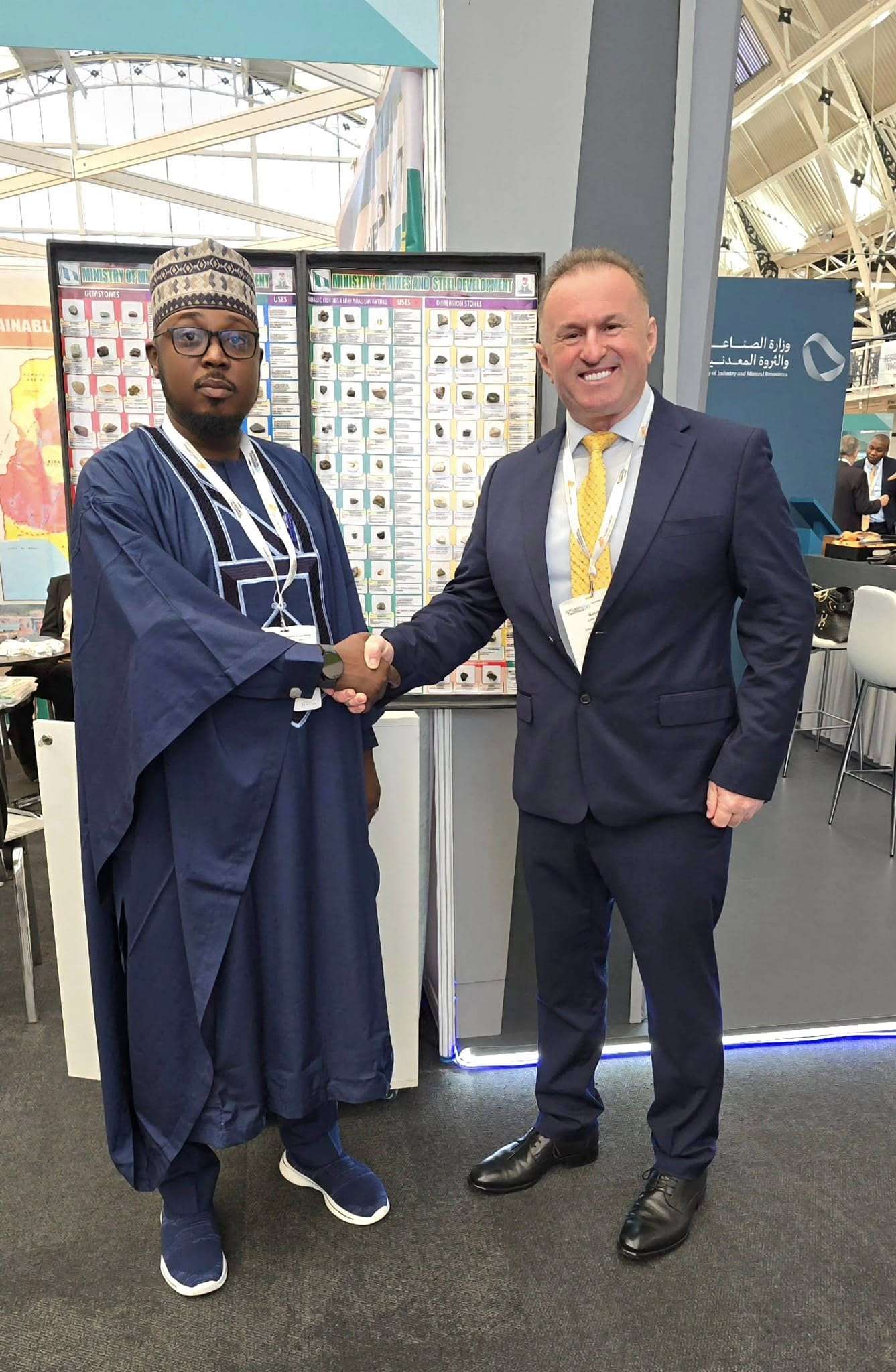
In a world ever in search of sustainability and responsible stewardship, a transformative vision emerges from the heart of Africa, a vision that calls upon both innovation and ecological harmony to usher in an age of boundless possibility. The Democratic Republic of the Congo (DR Congo), a land of untold wealth and natural magnificence, stands poised as the bedrock of a new, eco-conscious era, where the resource-rich expanse of this nation could be the very engine propelling us into a future that not only thrives, but flourishes in balance with the Earth.
Albanian Minerals, has long been a voice advocating for the harnessing of DR Congo’s extraordinary natural treasures. In my recent discourse in New York, I painted an awe-inspiring portrait of the nation’s potential, a potential that reaches far beyond the conventional concept of resource extraction. I calls for a radical reimagining of how the world engages with the Earth’s riches. The DRC is not simply a land of raw materials but a symbol of what is possible when global consciousness shifts toward responsible and regenerative futures.
Nestled in the equatorial heart of Africa, DR Congo is a veritable Eden, with an enviable natural bounty. Its fertile climate, blessed with dual rainy seasons and year-round warmth, sets the stage for a flourishing of both biological and energy resources. With vast tracts of forested landscapes and an abundance of rivers and lakes, the country presents an untapped potential for green energy that could revolutionize the continent’s energy paradigm. Hydropower, solar, wind, and geothermal resources, each a pillar of green energy, are not mere promises, but tangible assets that could propel DR Congo to the forefront of a sustainable energy revolution.
The mineral wealth of DR Congo is equally as awe-inspiring. Estimates place its untapped mineral reserves at a staggering $35 trillion, a fortune that spans an astonishing array of elements and compounds essential for the modern world. From cobalt, imperative for the batteries that power electric vehicles and renewable energy storage, to coltan, often referred to as “new black gold,” DR Congo’s resources are the lifeblood of technology. The country is home to some of the world’s most precious commodities: copper, rare earth elements, lithium, and uranium, alongside a wealth of industrial metals like zinc, manganese, and lead.
Yet, the story of DR Congo is not merely one of mineral abundance. Beneath the canopy of the Congo Basin lies an unparalleled ecological treasure trove, where biodiversity blooms in profusion. The rainforest here, the second-largest on Earth, not only sustains an immense variety of life but also plays an indispensable role in global climate regulation. With approximately 10,000 species of plants, including many endemic and endangered species, the Congo Basin represents a reservoir of life, an irreplaceable gem whose preservation is vital to the health of the planet.
The rich mosaic of natural assets in DR Congo extends far beyond minerals and forests. The nation’s water resources, especially those contained within the Congo River Basin, are worth more than $40 trillion, accounting for more than half of Africa’s total water reserves. The Grand Inga Dam project alone, poised to harness the power of the Congo River’s flow, could generate an astonishing 45,000 megawatts of electricity, enough to meet 40% of Africa’s energy needs.
Such colossal resources present an opportunity not just for the Congo, but for the entire globe. Albanian Minerals vision for DR Congo, and indeed, for all of Africa, is one of transformative change. A world in which the continent is no longer merely a supplier of raw materials, but a dynamic hub of innovation, sustainability, and prosperity for its people and the planet.
At the heart of this vision lies a new approach to resource management, one that places equity, sustainability, and local empowerment at its core. For too long, the wealth of Africa’s resources has flowed out of the continent, enriching foreign corporations while leaving local communities impoverished. I advocate for a future where Africa’s mineral riches are not simply extracted for external profit but are utilized to fuel local development, elevate living standards, and support green industries that can drive long-term economic growth.
This paradigm shift requires an unwavering commitment to several guiding principles:
- Local Ownership and Participation: To ensure that DR Congo’s wealth benefits its people, it is essential to foster local ownership of mining enterprises and establish joint ventures that ensure equitable profit-sharing. By empowering local communities to play an active role in the management of resources, Africa can ensure that its wealth contributes to lasting socio-economic upliftment.
- Investment in Infrastructure and Capacity Building: Effective governance and development in mineral-rich regions demand robust infrastructure. Roads, schools, healthcare facilities, and modern utilities are essential to support sustainable mining and ensure that the benefits of resource extraction extend to every citizen. Additionally, educating and training the local workforce will enable them to participate fully in the green economy, from high-tech mining operations to clean energy industries.
- Fair and Transparent Revenue Distribution: A cornerstone of any responsible resource management strategy is the establishment of transparent systems that ensure revenues from mining are used effectively. This includes establishing rigorous auditing procedures, promoting community-driven development projects, and ensuring that mining revenues are reinvested into public goods such as clean water, education, and healthcare.
- Sustainable and Responsible Mining Practices: The pursuit of mineral wealth must not come at the expense of the environment. Enforcing stringent environmental standards, supporting the development of eco-friendly mining technologies, and adopting responsible mining practices are all critical to mitigating the ecological impact of resource extraction. The preservation of DR Congo’s forests, rivers, and wildlife must remain a priority as the country develops its mining industry.
- Innovation and Economic Diversification: While mining remains a crucial part of DR Congo’s future, it is essential to foster economic diversification. Agriculture, manufacturing, tourism, and technology should also be nurtured as complementary industries that provide sustainable livelihoods and economic resilience. In this way, DR Congo can become a beacon of green industrialization, where both ecological and economic health are prioritized.
- International Partnerships for Development: Global cooperation is key to realizing this vision. By partnering with international organizations, development agencies, and corporations committed to ethical and sustainable practices, DR Congo can unlock the full potential of its resources. Through such partnerships, DR Congo can access the expertise, technology, and capital needed to build an infrastructure that benefits both its people and the planet.
This vision of DR Congo as the linchpin of a green, sustainable, and prosperous future for Africa and the world requires a shift in both perspective and practice. It calls upon governments, business leaders, and civil society to work together to build a future where mineral wealth is not a curse but a blessing.
It is time for DR Congo, and by extension, Africa, to claim its rightful place not as a mere exporter of resources, but as a powerhouse of sustainable innovation, ecological stewardship, and economic resilience. The future of DR Congo is green, not only in the literal sense of its lush landscapes and rich biodiversity but in the way it harnesses the power of its resources to propel itself, and the world, toward a brighter, more sustainable future. In this future, Africa’s mineral wealth will be a source of not just prosperity, but of a global renaissance, one that is rooted in harmony with the Earth, respect for its ecosystems, and a shared commitment to the well-being of all.
Sahit Muja
New York

